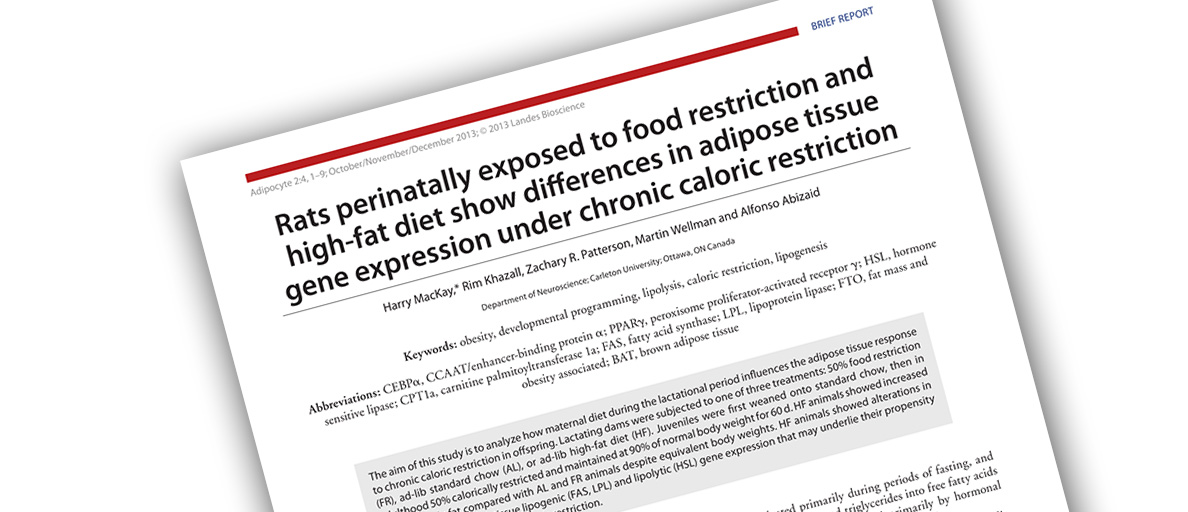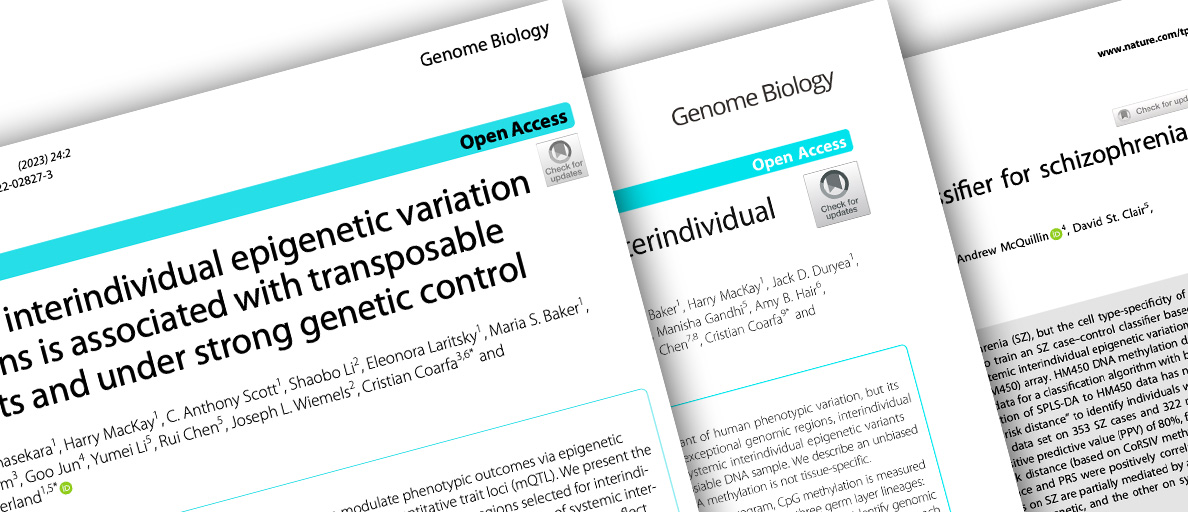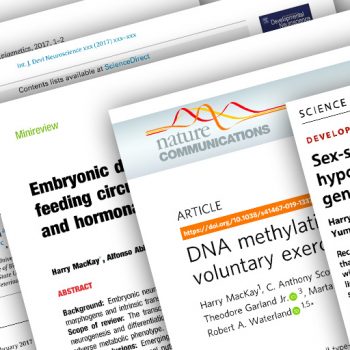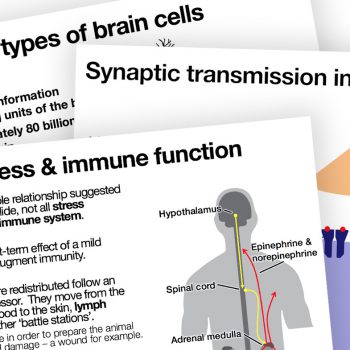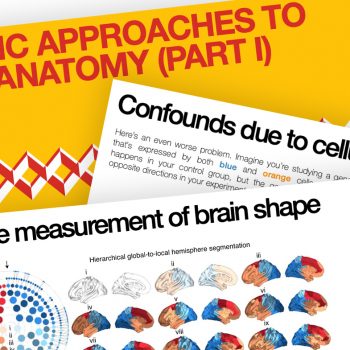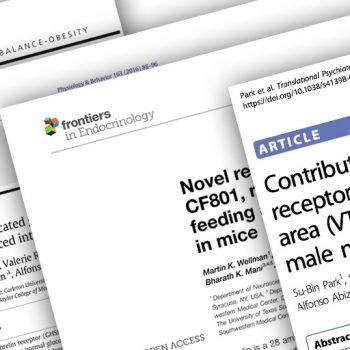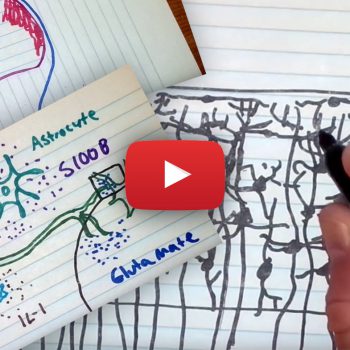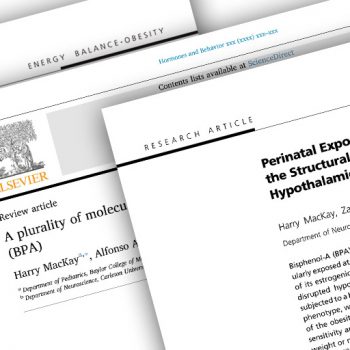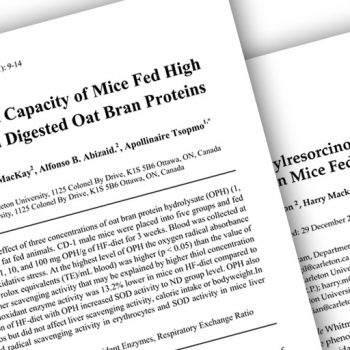One of my first projects as a masters student in Alfonso Abizaid’s lab involved a rat model of postnatal over- and undernutrition. Like the work that would follow, this project was based on the developmental programming paradigm (explained in more detail here and here).
Part of the ‘package’ that comes with being overweight is a difficulty in losing fat. Individuals may find that even if they take on diets, their body fat may be recalcitrant (and they may even lose lean body mass instead). It’s not clear why this happens, but it likely involves metabolic changes in the adipose tissue itself. In this study, I exposed young rats to a maternal high-fat diet or maternal food restriction. This was a fairly modest manipulation, and while it didn’t affect body weight in adulthood, rats exposed to the high-fat diet early in life did retain more body fat when put on a ‘diet’ (they were pair-fed to 50% of their usual ad-lib food intake). This was associated with changes in gene expression in the visceral adipose tissue that favoured lipogenesis over lipolysis, suggesting that the metabolic activity of the adipose tissue itself played a role in its resistance to weight loss.
Relevant paper:
MacKay H, Khazall R, Patterson ZR, Wellman M, and Abizaid A. Rats perinatally exposed to food restriction and high-fat diet show differences in adipose tissue gene expression under chronic caloric restriction. Adipocyte, 2013

